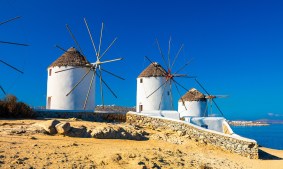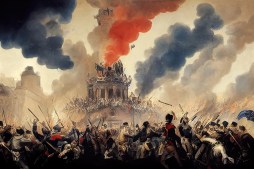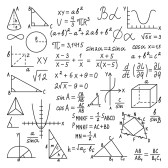Understanding Simon Bolivar’s Role in Shaping Latin American Nations

Simon Bolivar, often referred to as “The Liberator,” played a pivotal role in shaping the nations of Latin America during the early 19th century. His leadership and vision were instrumental in achieving independence from Spanish colonial rule for several countries in the region. In this article, we will explore the life and achievements of Simon Bolivar, his impact on Latin American independence, and his lasting legacy.
I. The Life and Background of Simon Bolivar
Simon Bolivar was born on July 24, 1783, in Caracas, Venezuela. He came from a wealthy Creole family and received a comprehensive education that included studies in Europe. These experiences exposed him to Enlightenment ideas and the revolutionary fervor that was sweeping across Europe at the time.
Bolivar’s political awakening occurred when he witnessed firsthand the injustices of Spanish colonial rule. Inspired by the ideals of freedom and equality, he became determined to liberate Latin America from foreign domination. This conviction would shape his entire life and drive his tireless efforts for independence.
II. The Quest for Independence
Bolivar’s journey towards liberation began with Venezuela. In 1810, he actively participated in the Venezuelan War of Independence against Spanish rule. Over time, he became one of its key leaders due to his military prowess and strategic thinking.
However, Bolivar did not limit himself to Venezuela alone; he had grand aspirations for a united South America free from Spanish control. He embarked on numerous military campaigns throughout present-day Colombia, Ecuador, Peru, Bolivia, and other countries in the region.
III. Bolivar’s Impact on Latin American Independence
Bolivar’s military victories against Spain paved the way for independence across much of Latin America. His most notable achievement was leading Gran Colombia – a federation comprising present-day Colombia, Venezuela, Ecuador, Panama, parts of Peru and Brazil – to independence in 1821.
Bolivar’s vision extended beyond military conquest. He advocated for a united Latin America, known as “Gran Colombia,” which would serve as a regional powerhouse and promote cooperation among the newly independent nations. However, internal conflicts and political disagreements eventually led to the dissolution of Gran Colombia into separate countries.
Nevertheless, Bolivar’s influence on Latin American independence was profound. His ideals of freedom, equality, and self-determination inspired generations of revolutionaries who followed in his footsteps. The very existence of independent nations such as Venezuela, Colombia, Ecuador, Peru, and Bolivia can be attributed to Bolivar’s efforts.
IV. Bolivar’s Lasting Legacy
Simon Bolivar’s impact extends far beyond his role in achieving Latin American independence. His legacy can be seen in the political systems and ideologies that emerged after liberation from Spanish rule.
Bolivar believed in the importance of strong central governments to prevent fragmentation and maintain stability within newly formed nations. He also emphasized the need for education and social reforms to uplift the masses and ensure a prosperous future for all citizens.
Today, many Latin American countries still draw inspiration from Bolivar’s ideals. Statues and monuments honoring him can be found throughout the region as a testament to his enduring legacy.
In conclusion, Simon Bolivar played a pivotal role in shaping Latin American nations during their struggle for independence from Spanish colonial rule. Through his leadership and vision, he not only achieved military victories but also inspired generations with his ideals of freedom and unity. Bolivar’s legacy continues to resonate in modern-day Latin America as countries strive for progress while embracing their shared history.
This text was generated using a large language model, and select text has been reviewed and moderated for purposes such as readability.






